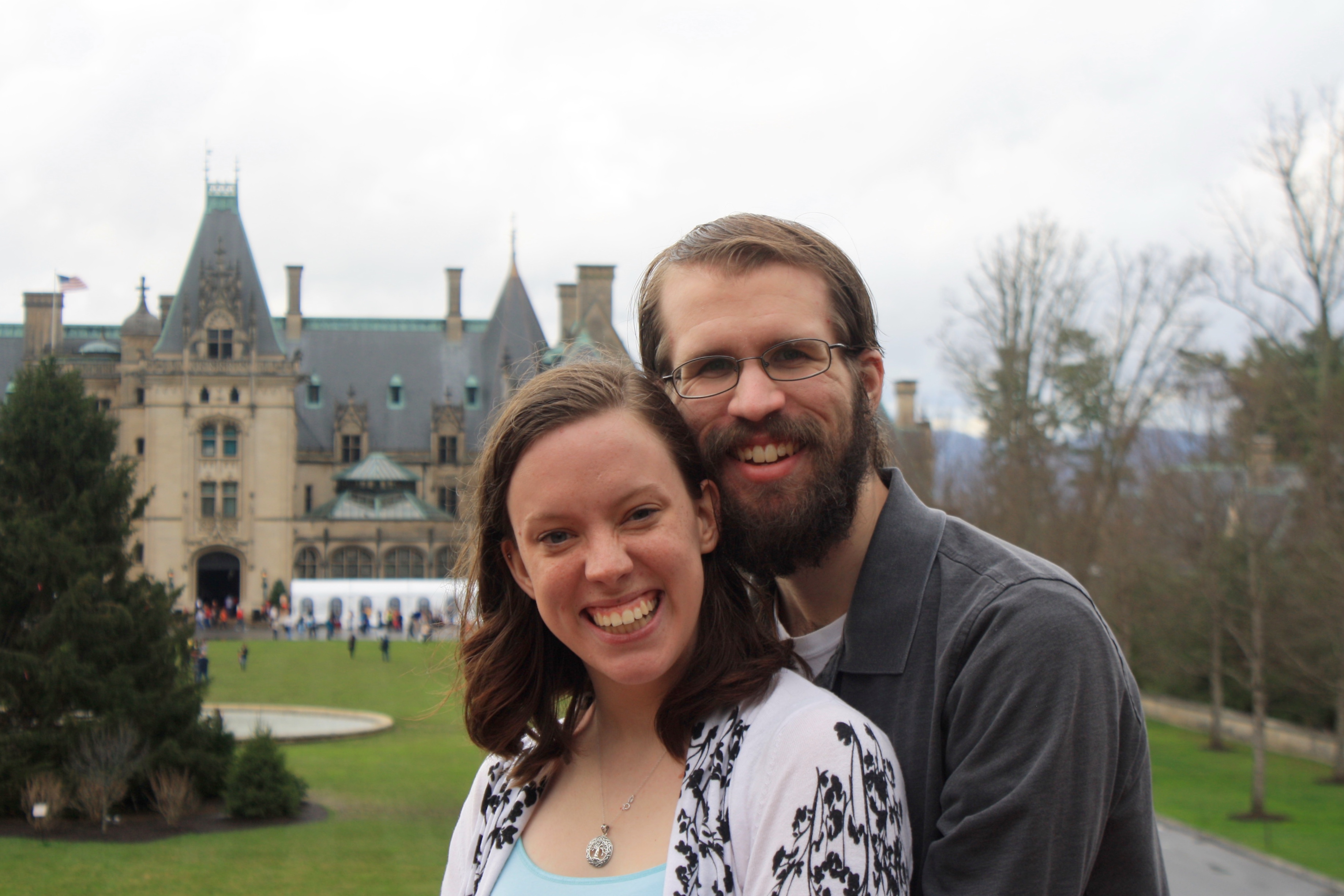Access to good quality, disability-inclusive healthcare is a hot topic these days in the disability community, and for good reason. It’s hard to find. A lot harder than you think. Why? Well, a multitude of reasons, honestly. In my opinion, it boils down to a lack of adequate disability awareness training in medical school, a lack of medical professionals WITH a disability to represent the community (I have seen a FEW, which is awesome, but still not enough), and a lack of formal training on the “culture” of living with a disability (such as pointing out barriers people with disabilities face when trying to find adequate healthcare, education, employment, housing, and transportation).
Personally, I think the two biggest reasons disability-inclusive healthcare is so hard to find is due to the lack of disability awareness training in medical school and the lack of understanding of disability as a “culture” and “community.” For me, “disability culture” is simply my perspective of living with a disability. While these perspectives can vary widely depending on the type of disability and your comfort level with identifying yourself as a member of the disability community, the way you express yourself within the context of disability culture is just that: an expression of your own unique experiences. However, with that said, there are some commonalities as well, such as the history of disability, the social aspects living with a disability, and the tendency to view disability just in terms of access.
When I say disability access in terms of healthcare, I don’t just mean physical access. While physical access is indeed important, the societal barrier of accessing quality, disability-inclusive healthcare holds even more weight in my opinion. For instance, when I was a junior in college, I started going to a physiatrist to have someone monitor my Cerebral Palsy as an adult. Physiatry is a branch of medicine that aims to enhance and restore functional ability and quality of life to those with disabilities. You would think a doctor in this specialty of medicine would be incredibly in tune with the needs of the disability population and would have a deep understanding of disability culture. You would be wrong (in this instance, at least).
The physiatrist I saw understood disability in terms of the medical model. The medical model of disability says people are disabled by their impairments or differences. Under the medical model, these impairments or differences should be ‘fixed’ or changed by medical and other treatments, even when the impairment or difference does not cause pain or illness. How should have this physiatrist altered their perspective of disability, you ask? He should have attempted to view and understand disability from a medical AND social context.
The social model of disability says that disability is caused by the way society is organized, rather than by a person’s impairment or difference. It looks at ways of removing barriers that restrict life choices for disabled people. When barriers are removed, disabled people can be independent and equal in society, with choice and control over their own lives. In short, the social model of disability focuses on empowerment and inclusion.
To be honest, I fall somewhere in the middle of those two models. For instance, I believe that societal perceptions of disability and disability stigma and stereotypes are the biggest barriers people with disabilities face. That being said, I very much understand the biology behind Cerebral Palsy and know that my CP wasn’t “caused” by societal perceptions. It was caused by the fact that I was born three months premature and didn’t receive enough oxygen to my brain when I was born. However, I do feel that societal perceptions of disability have further exacerbated the difficulties people with disabilities face. They definitely haven’t made them any easier, that’s for sure.
I think so much of the time when people think of barriers for people with disabilities, the first thought is physical access. I hope that as the disability community grows and as I continue to speak out on issues that greatly impact my life, others will see that it’s SO much deeper than just the fact that I was born with a disability. Yes, that’s true. But the reason it can feel almost impossible to live with a disability some days is not because of the disability itself. It’s stereotypes. It’s stigma. It’s a lack of understanding.
I know bringing up disability is “uncomfortable” for a lot of people because they don’t want to potentially offend someone. However, please know, your inability to bring disability into normal every day conversation is a major part of the problem. Talk about it. Ask me about it. I won’t be offended. I’ll gladly paint a picture of what it’s like to live my life. And I’ll be honored that you cared enough to ask.

Recent Comments